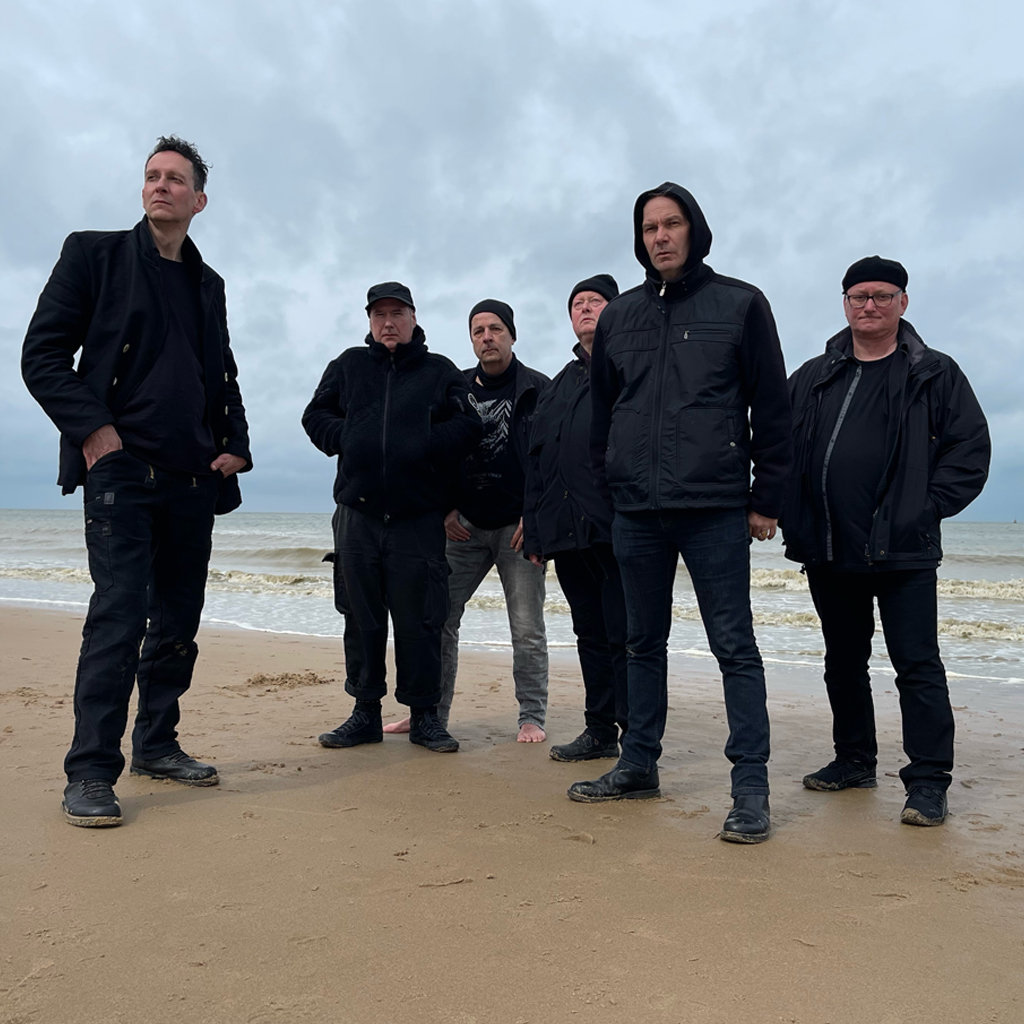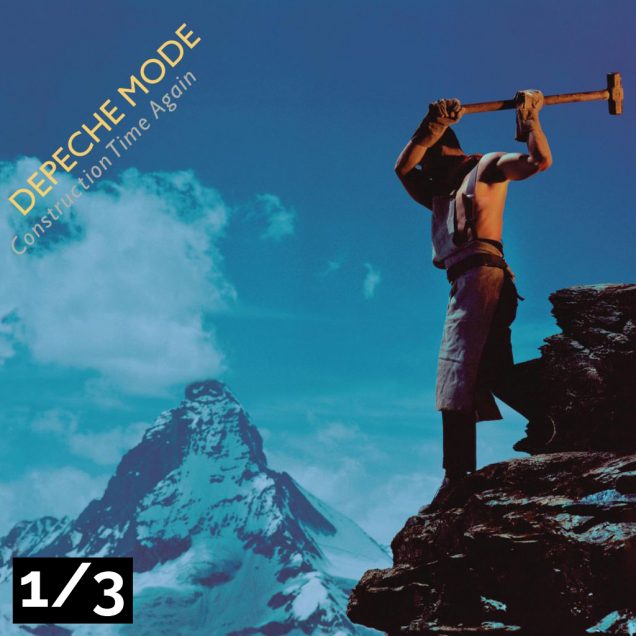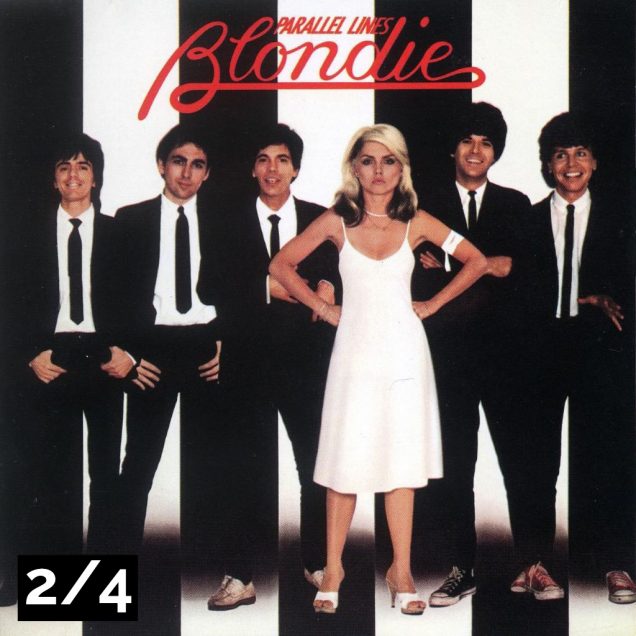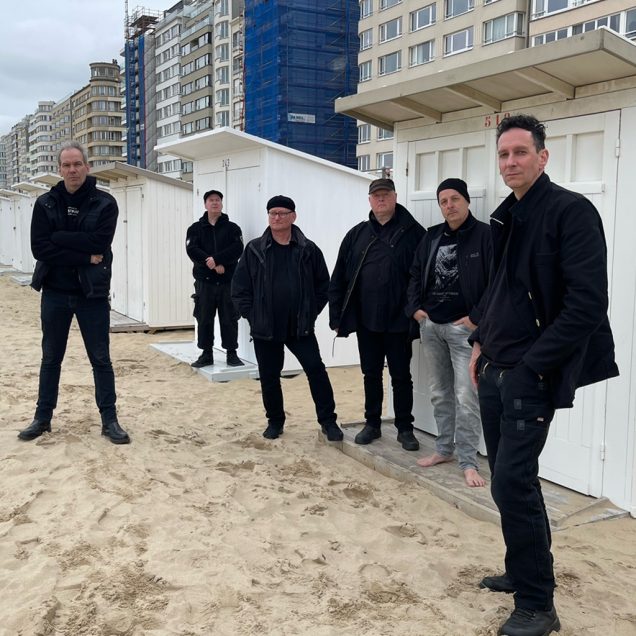THE HOUSE OF USHER interview (part 2)
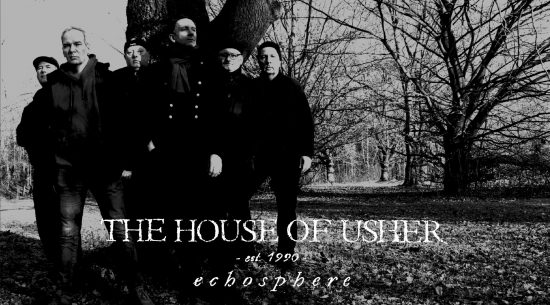
I think we have to find this courage again …”
In the first part (which you can read here), we started talking to Jörg about the work “Echosphere” and drifted into romantic realms, with melancholy as a close confidant. We continue here, but also look back at the beginnings of the gothic rock band founded in 1990.
Orkus: What made you choose the name The House of Usher?
Jörg Kleudgen: I wanted a name that everyone would immediately know what kind of music to expect behind it. Of course, this also set us limits. The name is unwieldy, and the association with E. A. Poe is a certainty. In fact, even today I can’t think of a more suitable name for us.
O: I found “As the Day Begins” to be a particularly atmospheric introduction. However, it also expresses a melancholy mood. What were your thoughts behind it?
JK: “As the Day Begins” conveys a feeling of loneliness, but it can also mean strength. Strength that can be passed on to those feeling or searching in a similar way by telling them: “You are not alone with your feelings!” We wanted a bombastic gothic rock song to start with, but we didn’t want the sound to be too familiar, we wanted it to make people sit up and take notice. Today, the artistic design possibilities are almost unlimited. Nevertheless, many bands in the eighties sounded fresher and more distinctive. They were more courageous in their choice of stylistic devices. I think we have to find this courage again if we don’t want to see gothic or even gothic rock as an endless loop that merely imitates the classics.
O: For me, “Dreaming of You” has a danceable, easy-going “The Cure” vibe. Do you understand my association? How did this development in sound come about? Was that a conscious decision, that you wanted to be more open, or did it “just happen”?
JK: Yes, I agree, but the reference for me would be Red Lorry Yellow Lorry. “Dreaming of You” is a simple, rousing number that even works wonderfully as an acoustic version. We always tend to add another and another and another guitar to our songs to get that almost orchestral guitar sound that characterizes our newer albums. But it’s good to think back from time to time and show that you can achieve a good result with less bombast.
O: In “Heart of Darkness”, the nocturnal brooding also comes to light, which doesn’t let you sleep even at five in the morning. Was that what you meant? What are the thoughts that keep you awake? At the same time, the treadmill of everyday life comes across, and the fact that time passes so quickly and you somehow can’t keep up. When do you feel the same way?
JK: (laughs) No, no, I sleep very well … but it’s also great to brood during the day. I wrote “Heart of Darkness” after an endless afternoon in the office, so you’re very close to the truth with the second part of your question. However, it was not about “getting behind”, but about the senselessness of what you do without being able to escape from it. The leaden time crushes you and you are at the mercy of this feeling. I made the decision back then to make a change and now work in a different job that gives my life more meaning. In this respect, the positive ending of the song anticipated my personal development.
O: The theme of life changing so quickly also comes to the fore in “Echoes (Still Be There)”. How do you deal with it?
JK: I’m very attached to what I have around me, but sometimes – see what I just said! – changes are inevitable, and all we need is an impulse to open up. I think we are all comfortable to a certain extent and would rather complain for a while than make a change. However, “Echoes” describes very specifically how we ourselves, as echoes of our parents, unconsciously pass on certain ways of thinking and patterns of behavior and also pass them on to our children. Where we feel gaps ourselves, we automatically fill them with what we have “learned”. In my opinion, recognizing this, questioning it critically and accepting it in part is an important part of becoming self-aware.
In the next part, we talk about hope, speak out against the war and take a look at the scene and the future
Claudia Zinn-Zinnenburg
Line-up:
Jörg Kleudgen – vocals, arrangements
Markus Pick – guitars, bass guitars
Ralf Dunkel – bass guitars, synthesizer
Georg Berger – guitars, synthesizer
Gerwin Spalink – drums, synthesizer
Thomas Walther – acoustic guitars, melotron, vocals
